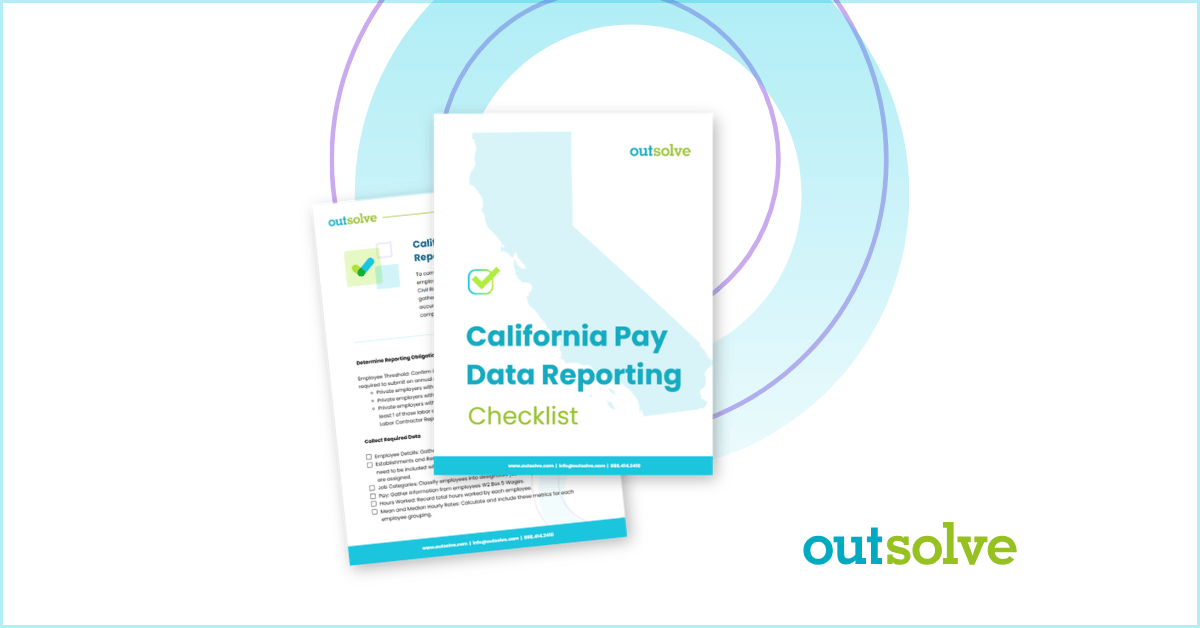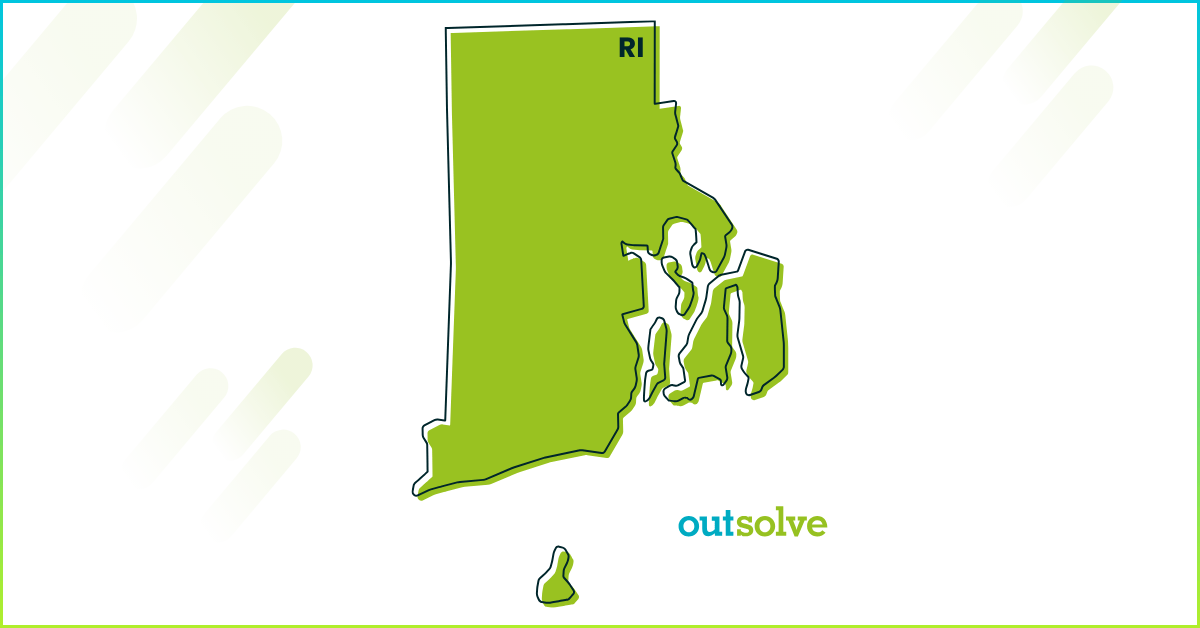Bill requires private employers with 15 or more employees to provide a reasonable accommodation to pregnant workers, unless it creates an undue hardship
On September 17, 2020, in a vote of 329 to 73 the Pregnant Workers Fairness Act [H.R. 2694] was passed in the U.S. House of Representatives. The legislation was originally introduced in the House several years ago; however, recently received endorsement by the U.S. Chamber of Commerce on behalf of businesses.
Even though existing law The Pregnancy Discrimination Act and the Americans with Disabilities Act appears to provide protection to pregnant workers, some courts have stated that to succeed a claim for pregnancy discrimination, the plaintiff needs to demonstrate that she was treated differently than other non-pregnant employees with similar limitations. If there are no comparable employees, there may not be a basis for claiming discriminatory treatment. Currently there are no federal laws that explicitly guarantee all pregnancy workers the right to a reasonable accommodation so that they can continue working without jeopardizing their pregnancy. Under existing law, pregnancy does not, per se, constitute a disability that triggers the need for an accommodation.
The current Bill would establish that:
- Private employers with 15 or more employees cannot refuse to make “reasonable accommodations to the known limitations related to the pregnancy, childbirth, or related medical conditions of a qualified employee” unless it creates an undue hardship on the employer.
- Pregnant workers cannot be denied employment opportunities, retaliated against for requesting a reasonable accommodation, or forced to take paid or unpaid leave if another reasonable accommodation is available.
- Workers denied a reasonable accommodation will have the same rights and remedies as those established under Title VII including lost pay, compensation damages, and reasonable attorney’s fees.
Founded in 1998, OutSolve has evolved into a premier compliance-driven HR advisory firm, leveraging deep expertise to simplify complex regulatory landscapes for businesses of all sizes. With a comprehensive suite of solutions encompassing HR compliance, workforce analytics, and risk mitigation consulting, OutSolve empowers organizations to navigate the intricate world of employment regulations with confidence.
Weekly OutLook
Featured Posts

5 Key Compliance Items HR Can’t Afford to Ignore

HR Compliance Checklist: What Every HR Pro Needs to Know
Related Posts
.png)
Beat the Rush: Outsource Federal Reporting Requirements in Q1
The beginning of the year usually feels like a fresh start that brings new business initiatives, goals, and strategies. The work you do between...

California Pay Data Report Checklist for HR Professionals
With changes regarding California pay data reporting taking effect in 2026 and 2027, this is the checklist you need to stay confident that you've got...

What You Need to Know About the Rhode Island Pay Transparency Law
Pay transparency continues to gain traction at the state level, and Rhode Island is no exception. Let’s dive into the details of how this law works...
.png)
